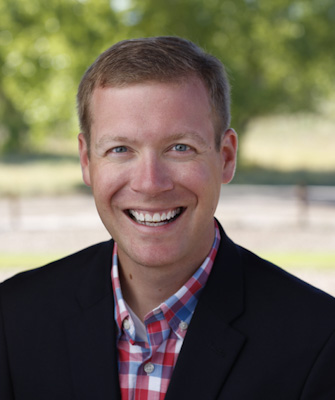State Bar of Wisconsin's diversity clerkship program 'discriminates behind closed doors,' suit says

The State Bar of Wisconsin is facing a lawsuit claiming that its diversity clerkship program for law students is violating the First Amendment rights of a lawyer who pays mandatory dues. Image from Shutterstock.
The State Bar of Wisconsin is facing a lawsuit claiming that its diversity clerkship program for law students is violating the First Amendment rights of a lawyer who pays mandatory dues.
The Wisconsin Institute for Law & Liberty filed the suit Tuesday on behalf of lawyer Daniel Suhr, report Reuters, Above the Law, Law360, Courthouse News Service and a press release.
The suit describes the program as offering “a special path to coveted career opportunities at top Wisconsin employers.” Eligibility requirements and selection discriminate among students based on race, according to the suit, filed in the U.S. District Court for the Eastern District of Wisconsin.
Suhr contends that the program violates his First Amendment right to free speech under Keller v. State Bar of California. The 1990 U.S. Supreme Court decision held that compulsory state bars can use lawyer mandatory dues to fund activities to regulate the legal profession and improve the quality of legal services but not for unrelated political or ideological activities.
Suhr also says the bar is violating his First Amendment right to freedom of association by forcing him to be a member of an association engaged in unconstitutional activity.
 The Wisconsin Institute for Law & Liberty filed a lawsuit Tuesday on behalf of lawyer Daniel Suhr. Photo from the Wisconsin Institute for Law & Liberty’s press release.
The Wisconsin Institute for Law & Liberty filed a lawsuit Tuesday on behalf of lawyer Daniel Suhr. Photo from the Wisconsin Institute for Law & Liberty’s press release.
The suit cites the Supreme Court’s June decision striking down race-conscious college admissions programs at Harvard University and the University of North Carolina. The programs violate the 14th Amendment’s equal protection clause and Title VI of the Civil Rights Act, the Supreme Court held in the cases known as Students for Fair Admissions v. University of North Carolina and Students for Fair Admissions v. President and Fellows of Harvard College.
“Affirmative action for student internships is just as unconstitutional as affirmative action for student admissions,” Suhr’s suit says.
The State Bar of Wisconsin does allow reduced dues for attorneys who object to political or ideological activities, but the diversity program is not categorized as such an activity for the dues reduction, according to the suit.
The State Bar of Wisconsin website says the diversity fellowship is open to first-year students at Wisconsin’s two law schools who demonstrate a “commitment to diversity” and a record of academic achievement, Reuters reports.
Suhr’s suit says the bar changed the language describing the diversity program after the Students for Fair Admissions decision. But the program still discriminates, according to the suit.
“Even if the program appears technically neutral on its face, its operation, results and rhetoric make clear that it discriminates behind closed doors, which is just as illegal,” the suit says.
Larry Martin, executive director of the State Bar of Wisconsin, said in a statement provided to Reuters and Law360 the bar will “”vigorously defend” the diversity program.
“Neither race nor ethnicity is an eligibility factor or requirement for purposes of participation,” Martin said.



